Somalia
Somalia's government announced on Thursday that delayed elections would be held within 60 days, following months of deadlock over the vote that erupted into violence in the troubled country.
In mid-April, the two-year extension mandate of President Mohamed Abdullahi Mohamed Farmajo expired on February 8 without elections being held, leading to violent clashes in the capital.
In early May, Farmajo had tasked Prime Minister Mohamed Hussein to oversee that elections were held as soon as possible.
The PM called for a meeting of all political leaders last Saturday where they all agreed to hold elections within the next 60 days.
"The national consultative forum agreed that the elections will be held within 60 days," Abdirahman Yusuf, deputy minister of information reading the communiqué.
Yusuf added that the exact dates would be determined by the committee in charge of organizing the elections, the FEIT.
The election will maintain the same indirect electoral system used in Somalia in the past, where special delegates nominated by clan head select parliamentarians, who in turn nominate the president.
In a speech, the Prime Minister called it "a historic day," saying the talks had been marked by "respect, patience and compromise.
"I am committed to overseeing a fair and inclusive election process and I call upon the parties to reconcile and open their hearts to each other," the PM said.
The government and the country's five semi-autonomous states reached an agreement on September 17 to hold elections before the end of Farmajo's term under the indirect system.
However, the process was not completed because the federal government and the leaders of the states of Puntland and Jubaland could not agree on how to organize the elections.
President Farmajo's election in 2017 had raised high hopes among the population, who saw him as a leader committed to fighting corruption and determined to combat the Islamist Al-Shabaab militia.
But the extension of his term was seen by many as a way to cling on to power and, among other problems, the Al-Shabaab were not neutralized during his tenure.
The government in Mogadishu still controls only a small portion of the country's territory, with the crucial help of the 20,000-strong African Union (AU) Amisom force, which operates under a UN mandate.




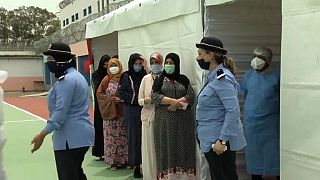
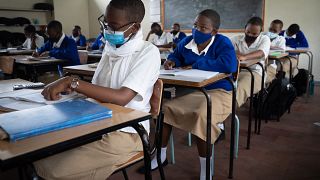
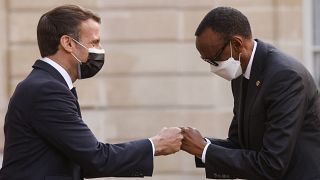
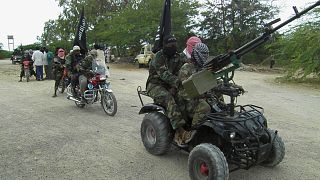
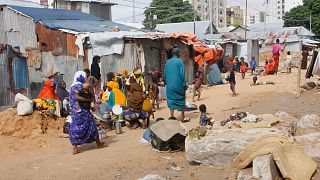




01:17
Somalia-Ethiopia tensions escalate as port deal talks stall
01:07
At least 120 children abducted by Al Shabab in northern Mozambique, HRW says
01:15
Kenya court sentences two to jail terms for aiding 2019 hotel attackk
01:03
Kenyan court finds two men guilty of facilitating 2019 hotel terrorist attack
01:53
Terrorism and instability: "critical moment" for Somalia, says rapporteur